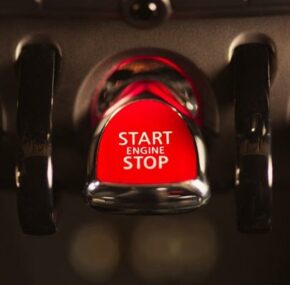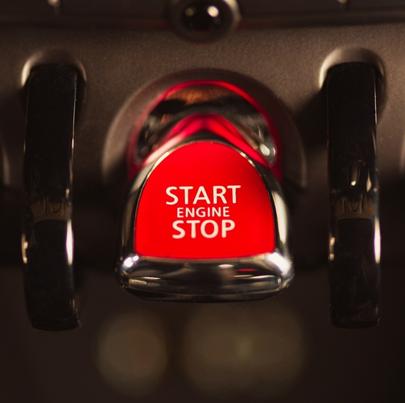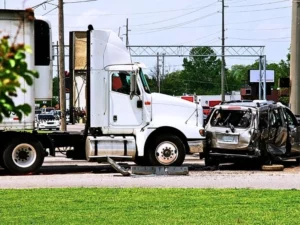Keyless ignition systems are billed as a time-saving device of convenience that can make getting up, and getting out the door a little bit easier. While it’s true they make starting a vehicle easier for consumers, these devices pose considerable safety hazards that should not, and indeed, cannot be ignored.

Among the greatest dangers keyless ignition systems pose are the fact that they can be turned on while a vehicle is within the confines of a garage. This is a serious concern for Chicago auto accident lawyers as the danger of keyless ignitions being turned on while a vehicle was within a garage have accounted for at least 13 fatalities across the country since 2009. These fatalities occurred either because vehicle owners were unaware the vehicle had been started, or believed the vehicle had been shut off when they removed their keys from the car.
For this reason, consumers in California have sued some of the largest automakers in the world who they claim have concealed the risks and dangers of keyless ignition systems. BMW, Hyundai, Mercedes Benz, Nissan, Toyota, Volkswagen, Fiat Chrysler, Ford, GM, and Honda have been named as defendants in the suit, as have subsidiary brands, Mini, Kia, Infiniti, Lexus, Bentley, and Acura.
Parties to the suit claim that the defendants have had reasonable knowledge for many years that the keyless ignition systems they were installing on vehicles were not as safe as the companies were marketing them to be. They also claim that automakers have failed to install inexpensive safety features that would turn off the engines after a specified period of time idling. They argue that this simple design alteration would have saved the 13 lives that were lost and prevented an untold number of injuries.
The lawsuit is seeking an injunction that would require the named automakers to install automatic shut-off features within models sold from today forward. The lawsuit is also seeking compensatory and punitive damages. They are not seeking recalls or rebates for vehicles that are currently equipped with keyless ignition systems.
At present, the National Highway Traffic Safety Administration is monitoring the case, but has not commented on it at this time. As such, should the plaintiff’s prevail in the case, it’s unclear whether the NHTSA would insist upon a recall.
Other considerations being taken into account at this time are the fact that features such as Toyota’s Smart Key violate federal motor vehicle safety design regulations. Specifically, Toyota’s Smart Key violates Federal Motor Vehicle Safety Standard 114 which is intended to help prevent both theft and unintended movement of unoccupied vehicles. Toyota’s Smart Key can continue to operate the vehicle if it is left in “drive.” Thus, if the driver exits the vehicle while stopped and does not put it in park, the vehicle can continue to move forward. This can put anyone in the path of the vehicle at considerable risk of injury or death.
Surprisingly, no one has compiled reliable statistics showing just how many deaths, injuries, and thefts have been caused by keyless ignition systems. Even though the systems are decades old, this data has not been collected for thorough study even though numerous injuries, deaths, and thefts have been directly linked to them. In fact, FMVSS 114 was the direct result of concerns keyless entry and ignition systems could lead to increases in auto thefts.
The scary reality is that most keyless ignition systems will allow the vehicle to operate until it runs out of gasoline. Further, most are simple push-button designs that can be triggered accidentally by touching them while fumbling through a purse, or dropping them on a desk, etc. They are so easy to operate that even a child playing with them can turn the car on while mom and dad aren’t looking. This is a concern that Chicago auto accident lawyers have been warning about for years.
So far, the only solution the NHTSA has proposed is consideration for the installation of a loud warning alarm that would sound if the vehicle is left running once the owner has exited the vehicle with their key fob in hand. However, this alarm would do nothing should the fob be left on the console, or the vehicle were to be started from the living room, office, etc. Further, should the alarm trigger while in an enclosed garage, the sound of the engine would most likely drown it out negating any warning.
The NHTSA is receiving a growing number of complaints regarding the safety of keyless ignition systems. Consumers are requesting they act by forcing industry-wide corrective actions on the part of manufacturers and increased intervention on the part of the federal government. It is estimated that should the industry adopt the alarm proposal, that it would cost a mere $500,000 per year for the entire automobile industry to comply.







